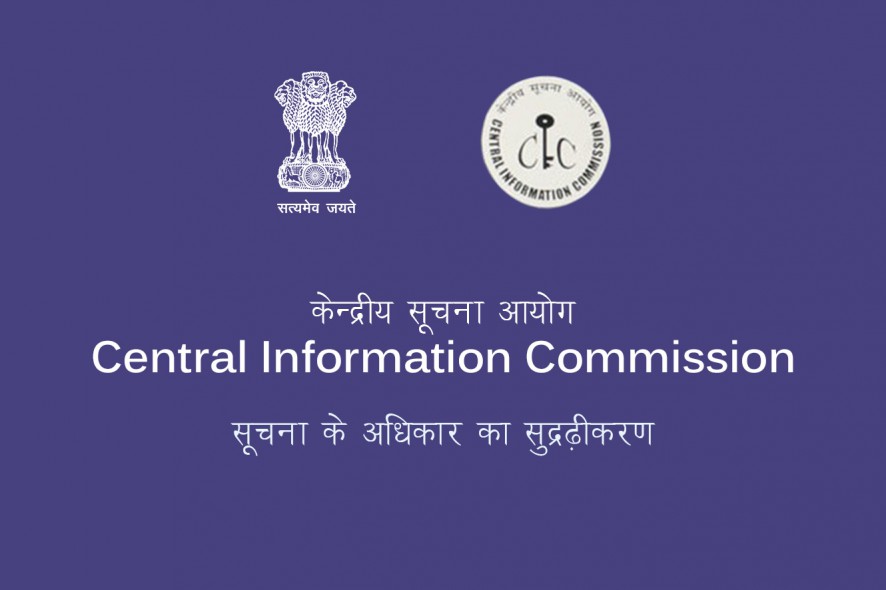Central Information Commission (CIC): Neeraj Kumar Gupta (Information Commissioner) addressed the instant matter and highlighted the essence of provisions of Right To Information Act, 2005 in regard to third-party information.
Appellant filed an application under the Right to Information Act, 2005 before the Central Public Information officer, the Principal Chief Commissioner of Income Tax, seeking information regarding last five years Audit Report (2012-2017) of Betsy Elizabeth Trust.
On not receiving the requisite information, appellant filed the first appeal, later the second appeal under Section 19(3) of the RTI Act before the Commission was filed on the ground of not receiving the information.
Decision
Commission observed that the appellant sought information related to Audit report (2012-2017) of Betsy Elizabeth Trust from the respondent public authority.
Further, the Commission noted that the respondent sought consent under Section 11 of the RTI Act from the third party and the said assesses denied disclosure of their information to the appellant.
Adding to the above, Commission opined that the information sought by the appellant in his RTI application is personal information of the third party, which is exempted from disclosure under Sections 8(1)(j) and 8(1)(e) of the RTI Act, 2005.
Issue regarding “Personal Information”
Bench noted that the issue regarding the “personal information” held by an individual in its personal capacity and the personal information held by the entities/corporations/trusts in their private capacity. In regard to the said point, Delhi High Court’s decision in Naresh Trehan v. Rakesh Kumar Gupta, (2015) 216 DLT was referred.
Commission also examined the nature of “fiduciary relationship” involved in the instant matter whereby the information of profitability of Prime Meiden Limited company was sought which is exempted from disclosure under Section 8(1)(e) of the RTI Act, 2005.
While concluding the instant matter, the Commission observed that no larger public interest was disclosed by the appellant, hence CPIO’s response was agreed by the bench.
Lastly, the Commission observed that there was a delay in seeking consent from the third party and even more the respondent waited for two long years for the reply of the third party. The respondent should have adhered to the timelines of the RTI Act.
In view of the above observations, the appeal was disposed of. [J. Vinoth Priyakumar v. CPIO, 2020 SCC OnLine CIC 1120, decided on 06-11-2020]







